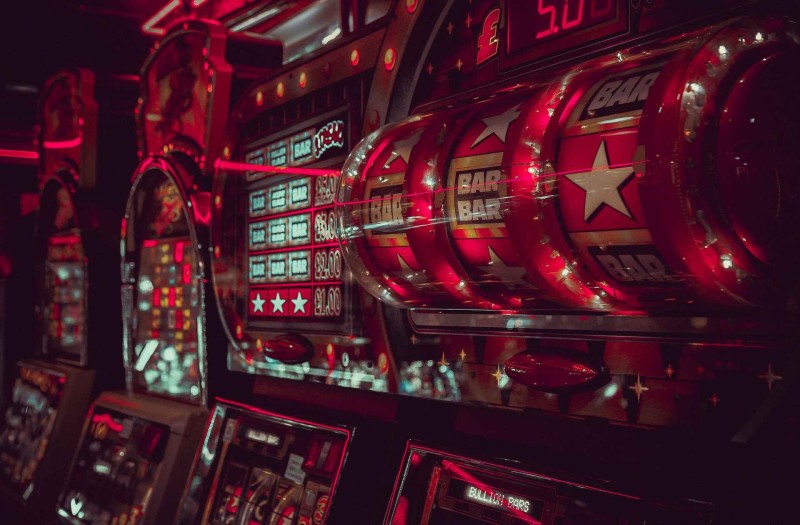Introduction
Casinos, with their shimmering lights and the promise of instant riches, have always held a certain allure. Yet, this allure has often been shrouded in questions of legality. In this blog, we'll journey through the legal status of casinos, exploring how their acceptance has evolved over time. From the early days of Nevada to the proliferation of Native American casinos, we'll uncover the complex web of laws and regulations that govern this billion-dollar industry. Share your thoughts at the Write For Us Casino category.
The Birth of a Gaming Mecca
When one thinks of legal gambling, the iconic Las Vegas Strip likely comes to mind. However, this desert oasis wasn't always the bustling casino hub we know today. In the early days, Nevada stood alone as the only state to allow legal gambling. Casino owners saw the potential to attract tourists seeking a gambling destination by clustering numerous casinos in one place. It was a strategic move that would bring in visitors from across the United States and around the world.
Atlantic City's Gamble
Following Nevada's lead, Atlantic City, New Jersey, joined the legal gambling fray. In doing so, it set the stage for what would become a wave of casino legalization. Atlantic City's move not only generated competition but also drew in tourists seeking a different casino experience on the East Coast.
Riverboat Casinos
The early 1990s marked a new chapter in casino history when Iowa legalized "riverboat" gambling. These casinos had a unique twist – the casino had to be on a boat, which typically didn't move, and gamblers were allowed to stay only for the duration of a two-hour "cruise." In reality, it was more of a two-hour shift than an actual cruise. To add another layer of control, riverboat casinos were required to implement loss limits. These limits set a maximum amount patrons could lose during a single "cruise." However, these requirements have been changing in response to growing competition from other states.
Native American Casinos
One of the most intriguing aspects of the casino landscape is Native American casinos. Their legality hinges on the unique sovereignty of Native American territories. This sovereignty grants tribes the ability to govern themselves and make their own laws. Federal law is upheld on tribal lands, but civil law holds limited power. The Cabazon vs. California Supreme Court decision was a game-changer for Indian casinos, essentially stating that if a state allowed any form of gambling, it couldn't ban gaming on Native American territory. This decision paved the way for the Indian Gaming Regulatory Act (IGRA) in 1988, which aimed to oversee Native American gaming and prevent organized crime from infiltrating these casinos.
The Bottom Line
As the landscape of legal gambling has evolved over the years, it's clear that the allure of casinos remains as strong as ever. From Nevada's pioneering spirit to Atlantic City's bold move and the unique regulations governing Native American casinos, the legal status of casinos is a dynamic and intriguing tale. So, the next time you step into a casino, remember the complex history and regulations that have shaped this fascinating world of chance and luck.









